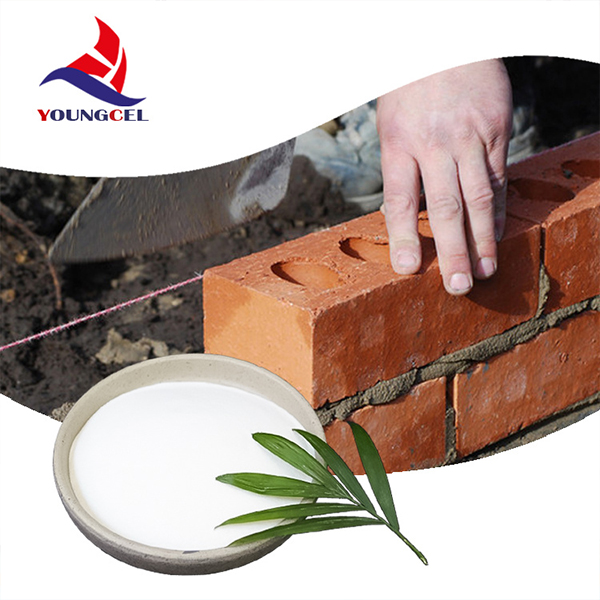Understanding Cement Thickener A Key Component in Construction
Cement, a fundamental material in construction, forms the backbone of various structures, from residential homes to massive skyscrapers. However, the properties of cement can be enhanced through the use of various additives, one of which is a cement thickener. Cement thickeners play a crucial role in modifying the behavior of cement mixtures, improving their workability, consistency, and performance in different applications. This article delves into what cement thickeners are, their types, applications, and benefits in construction.
What is Cement Thickener?
Cement thickener refers to compounds added to cement mixtures to increase their viscosity and improve their adhesion properties. These thickeners change the rheological properties of the cement paste, making it more workable and easier to handle during the mixing and application processes. By modifying the flow characteristics of the cement, thickeners help ensure that the material can be easily spread, shaped, and molded according to the requirements of different construction projects.
Types of Cement Thickeners
There are several types of cement thickeners, each serving specific purposes in construction. Some of the most commonly used thickeners include
1. Cellulosic Ethers These are derived from natural cellulose and are widely used for their excellent thickening properties. Cellulosic thickeners enhance the flow characteristics of cement mortars and grouts, providing better workability and preventing segregation.
2. Synthetic Polymers Synthetic thickeners, such as polyacrylate and polysaccharide-based additives, are engineered to provide even more control over the viscosity and stability of cement mixtures. These thickeners can be tailored to meet specific performance criteria, such as improved water retention or quicker setting times.
3. Natural Additives Some thickeners are derived from natural sources, such as alginates and guar gum. These materials not only increase viscosity but also improve the bonding properties of cement, making them particularly useful in creating durable and long-lasting structures.
Applications of Cement Thickeners
Cement thickeners find numerous applications in the construction industry
cement thickener

- Mortar and Grout Formulations In masonry work, thickeners help produce mortars that are easier to apply and adhere better to surfaces, ensuring strong bonds and preventing material slippage.
- Self-Leveling Compounds In floor installations, cement thickeners are used to create self-leveling compounds that can easily flow into place, filling gaps and creating a smooth, even surface.
- Repair and Rehabilitation Thickeners enable the creation of repair mortars that can be easily applied to vertical surfaces or overhead applications, improving the ease of use and effectiveness in restoring damaged structures.
Benefits of Using Cement Thickeners
The incorporation of thickeners in cement mixtures provides various advantages
1. Improved Workability Thickeners enhance the workability of cement materials, enabling easier mixing, application, and finishing of cement-based products.
2. Increased Adhesion By improving the viscosity and cohesion of the mixture, thickeners enhance the adhesion properties of cement, ensuring it bonds well with different surfaces.
3. Reduced Segregation Thickeners help maintain the uniform distribution of aggregates in the mixture, minimizing segregation and resulting in a more consistent final product.
4. Enhanced Durability Certain thickeners contribute to the overall durability of the cement by improving its ability to resist cracking, shrinkage, and other forms of wear over time.
Conclusion
Cement thickeners are essential additives in modern construction, offering enhanced properties and performance for cement mixtures. By improving workability, adhesion, and overall durability, these thickeners contribute significantly to the quality and longevity of constructed structures. As the construction industry continues to evolve, the use of advanced thickeners and additives is likely to play an increasingly vital role in creating innovative and resilient building materials. The seamless integration of cement thickeners into construction processes ensures that we can meet both current and future demands for high-quality building solutions.




